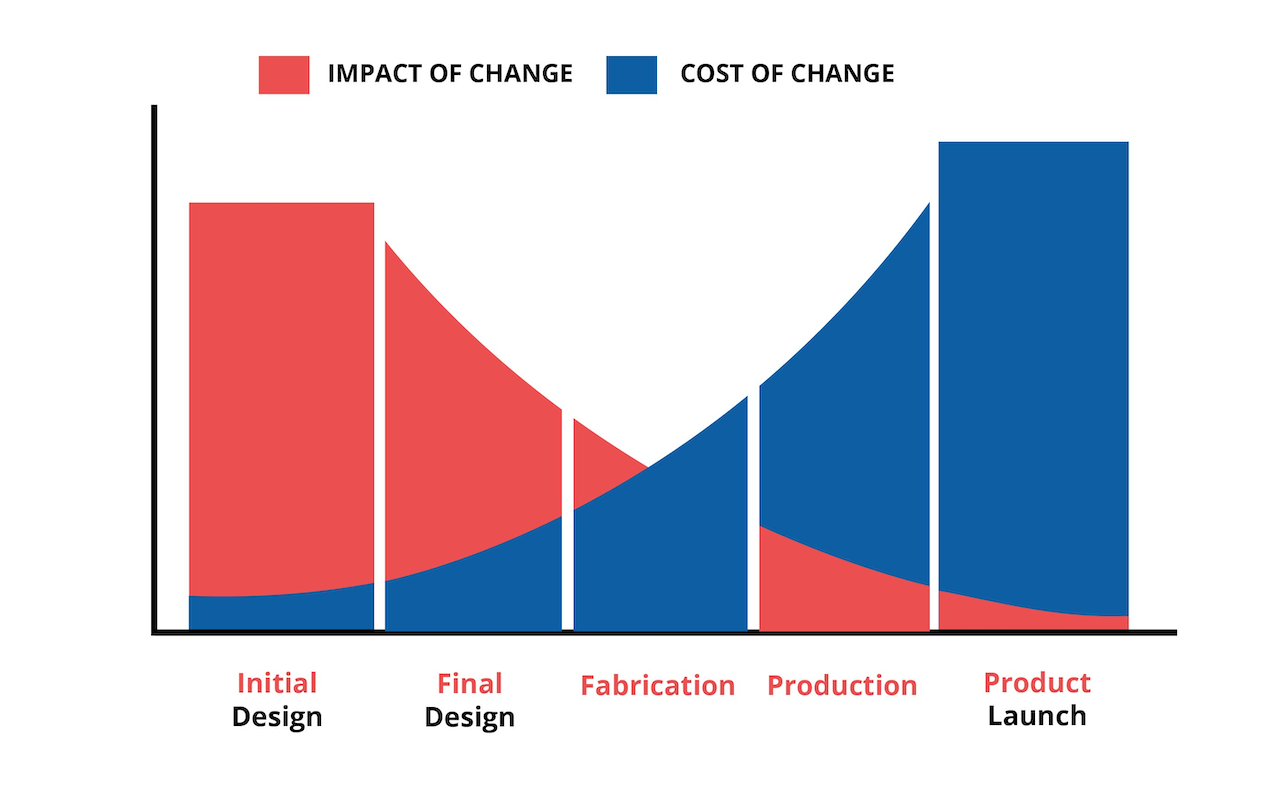
3D Scanning In Bengaluru
3D Scanning, Digital Sculpting, Reverse Engineering, Dimension Inspection, all under one roof
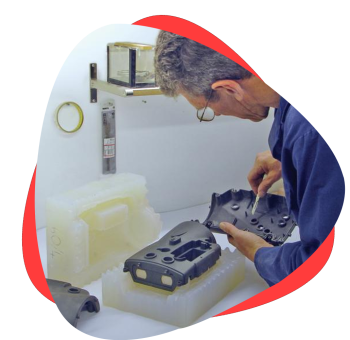
Parts Produced
Machines In-House
Customers Served



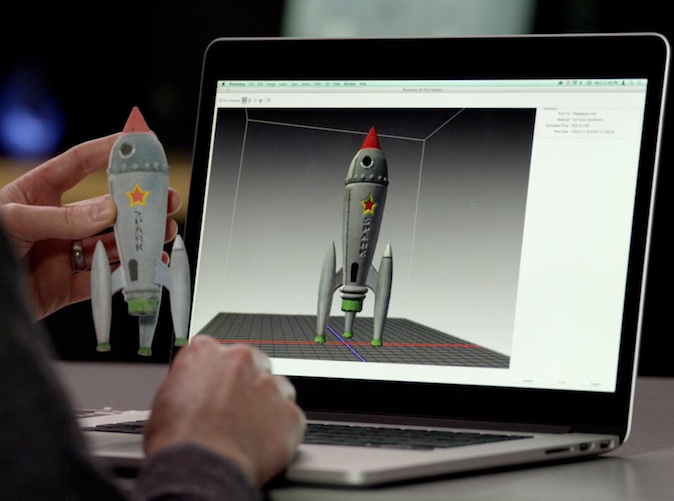
Contact Us
Fill the form below and we shall get back to you within 2-4 hrs
Why Choose Think3D
Turn your ideas to reality with our full fledged 3D Printing, CNC Machining, Casting & Molding service capabilities. Our facility is equipped with entire range of 3D Printing technologies, 10 CNC Machines, 2 Injection Molding Machines and have a passionate team to serve you.
Quick Online Quote
Upload files in Get Quote section and get quote within 4 hrs
Technical Competency
Technically qualified team in various mfg. technologies
Competitive Pricing
Highly competitive price and bulk discounts also available
NDA & IP Protection
All designs and data are kept in highly secure private server
Our Bangalore Clients

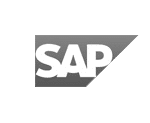
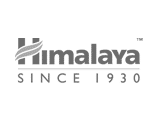
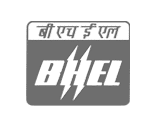

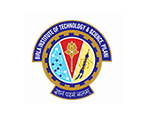
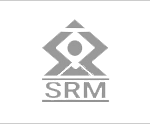
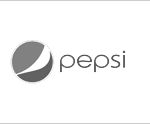
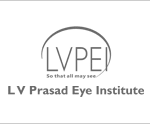
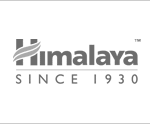
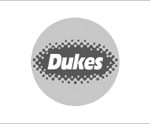
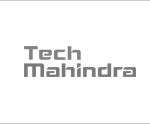

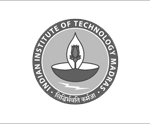
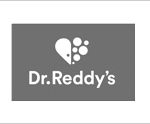
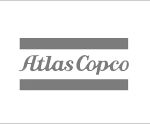
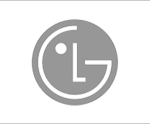

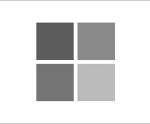

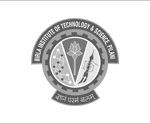
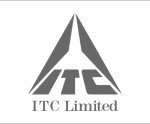
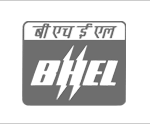
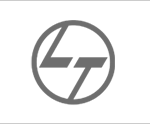
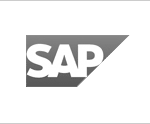
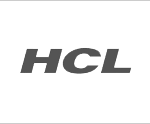
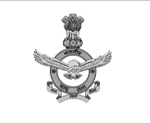
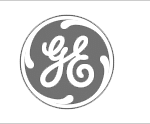
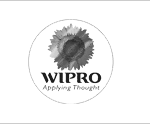
INDIA’S LARGEST INTEGRATED
Digital Manufacturing Facility
Feel free to contact us if you wish to avail our services.
Frequently Asked Questions
3D printing is an essential tool for accelerating the prototyping process. However, its applications stretch well beyond prototyping to other facets of the product lifecycle.
• Manufacturing – Design freedom and economically viable low-to-mid-volume production enable new possibilities for product design and operational improvement. Applied in combination, these two capabilities have the potential to transform decades-old supply chains and business models.
• Tooling – 3D printed tooling advantages include on-demand production, customization, digitization of designs and unrestrained design flexibility. This cuts out costly suppliers, compresses lead times, enables digital warehousing and accelerates manufacturing floor productivity.
• Sales and Retail – 3D printing gives retailers the ability to innovate, delivering highly customized, on-demand products and new experiences such as “co-designed” items developed in conjunction with the customers.
• Aftermarket Supply – Businesses that embrace 3D printing for spare and replacement parts can replace warehouses of spare parts with 3D printers or a contract 3D printing service bureau to produce parts on a just-in-time basis.
3D printing accelerates the process by reducing the time and cost associated with prototyping and refining the design. Many more 3D printed prototypes can be produced in the time needed to mold or machine them and for much less cost. Highly realistic prototypes printed on full-color multimaterial printers look like the final product, cultivating faster and better decisions.
3D printing gives designers the capability to drastically shorten the design process compared to traditional methods of hand-modeling or outsourcing to model shops.
Keep the design process entirely in-house. With 3D printing, designers gain full control over the design process. Creating models in-house saves the time associated with outsourcing. More timeline flexibility empowers designers to try new ideas and iterate often, resulting in better products that stand out.
Prototype faster and smarter. Outsourcing is often too expensive and time-consuming to allow iteration of more detailed prototypes, especially models that incorporate CMF (color-material-finish). The speed and streamlined workflow of 3D printing gives designers the freedom to create dozens of detailed prototypes while reducing the time to arrive at the optimal design.
Create beautiful, highly detailed models. With full-color, multimaterial printing, designers can create prototypes that look, feel, and even function like the real thing in just a few hours. The ability to assess the color, texture, and ergonomics of a product means better feedback and faster approval from clients.
3D printing is not a wholesale replacement for existing manufacturing methods like molding and machining. Its benefit lies in supplementing these other technologies at points where they can’t compete. For example, 3D printing’s additive nature is able to make structures that aren’t possible with machining or molding. It also makes low- to mid-volume production economically viable because there’s no need for the tooling investment. Similarly, it’s much faster to get started, which is why GM turned to 3D printing to retool its production line to produce ventilators in the pandemic. In short, 3D printing is another tool in the toolbox, but one that offers key benefits over traditional manufacturing practices when used strategically.
Contracting with a service bureau to make your 3D printed parts is a good way to get introduced to the benefits of the technology. You gain the expertise and insight of a 3D printing specialist who can possibly guide you in optimizing the use of the technology for your specific purposes. Your out-of-pocket expenses are usually lower initially since you avoid the up-front expense associated with a printer purchase.
Additive manufacturing shows promise for the defense, energy, aerospace, medical and commercial sectors. Its alternative approach to machining, forging, molding and casting makes it a good choice for rapidly making highly customized parts. The technology also shows promise for creating parts on site, such as at forward-stationed military bases. Because of its potential, many companies are using the technology to get themselves into a position to use it. The growing field of companies using the technology includes makers of machine parts and novelty items.
We’ve been in the business of helping customers solve problems for over 8 years with our 3D printing solutions. We can help you determine what technology is right for your application, whether a printer or a service bureau is more appropriate, as well as answer any questions you might have.
Yes, lots of different companies across a range of industries use additive manufacturing, including the medical industry, aerospace and more. Additive manufacturing is particularly useful for making complex or bespoke parts – whether for a new application or to replace an old part that may no longer be available.
- Freedom to design parts and sub-assemblies for the design, not for the manufacturing processes (DFM*)
- Have inventory on demand for both production and spare parts
- Eliminate costs of inventory and the time lag of supply chains
And!
- Gain the ability to quickly prototype with the same process with which you will manufacture — true rapid prototypes!
Latest News


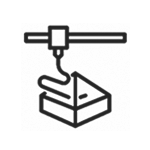
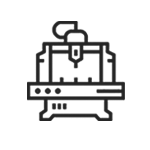
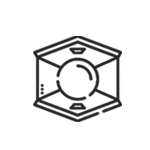
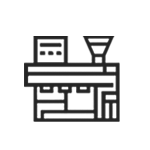
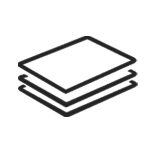
One reply on “3D Scanning Service in Bangalore”
Hai,
I want to scan a car bumper of dimension 1540x300x700 mm. And output as a cad file in sldprt or step. Give your best quote for the scaning process.
Thank you.